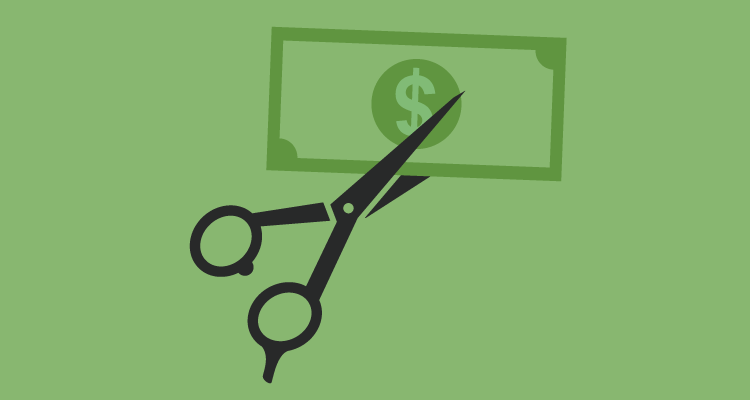Tax season! It’s just around the corner. If you’ve been keeping careful records all year and have no fear of stacks of forms, you may feel pretty relaxed about this time, even if you’re not actually looking forward to it. But if this is the first time that you’re putting them together for your freelance work, you may be dreading April.
Table of Contents
ToggleBe Aware of What Taxes You’re Responsible For
In addition to income tax, freelancers are required to pay self-employment tax. If you’ve earned as little as $400, you’ll have to pay that tax, even if income tax is not required. If you didn’t know about this until now, you may be wondering where the money is going to come from. After you subtract business expenses, you’ll be taxed on 92.35 percent of what remains, so it’s a good idea to make some calculations and determine how much of your earnings you’ll need to set aside in order to pay those taxes. Better to have too much than too little when the time comes to pay Uncle Sam. Check out the IRS’s Self-Employed Individuals Tax Center in order to get a clearer picture of how much will be due.
Itemize and Record All Business Expenses
When you’re itemizing business expenses, be careful that you’re following the rules that the IRS has outlined. For example, as Freelancer’s Union explains, you can’t consider a home office a business expense unless it is used solely for that purpose. They further elaborate, “If you do have a dedicated home office, you can also deduct a portion of household expenses like mortgage interest, rent, utilities, and insurance based on what percentage of the square footage of your home is made up by your office.” While it may not be easy to calculate these types of expense, it’s definitely worth the tax benefit.
Take Advantage of Deductions
Do you travel for work? Your work-related vehicle and the miles you drive may count. Have you eaten meals or purchased entertainment that relate to your work? You can deduct 50% of their cost. Are there specific items you need for your trade, like graphic design software? You may qualify for deductions on those as well. Business insurance, office supplies, and web hosting all count too. Here’s a gigantic list that includes pretty much everything you can think of that relates to your business expenses.
Consider Working with a Tax Professional
Now that things are more complicated than when you were working for the man, you may want to avoid making mistakes on your own. An accountant who specializes in working with freelancers or small business owners is your best bet. Paying their fee may not seem ideal, but it will save you costly mistakes, like getting a big bill for back taxes that you didn’t know you owed. TurboTax and H&R Block may just not know enough about what you do and how it works with tax law to get everything right the first time.















